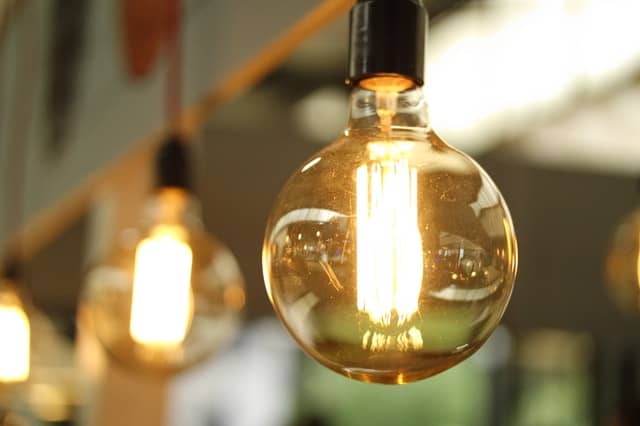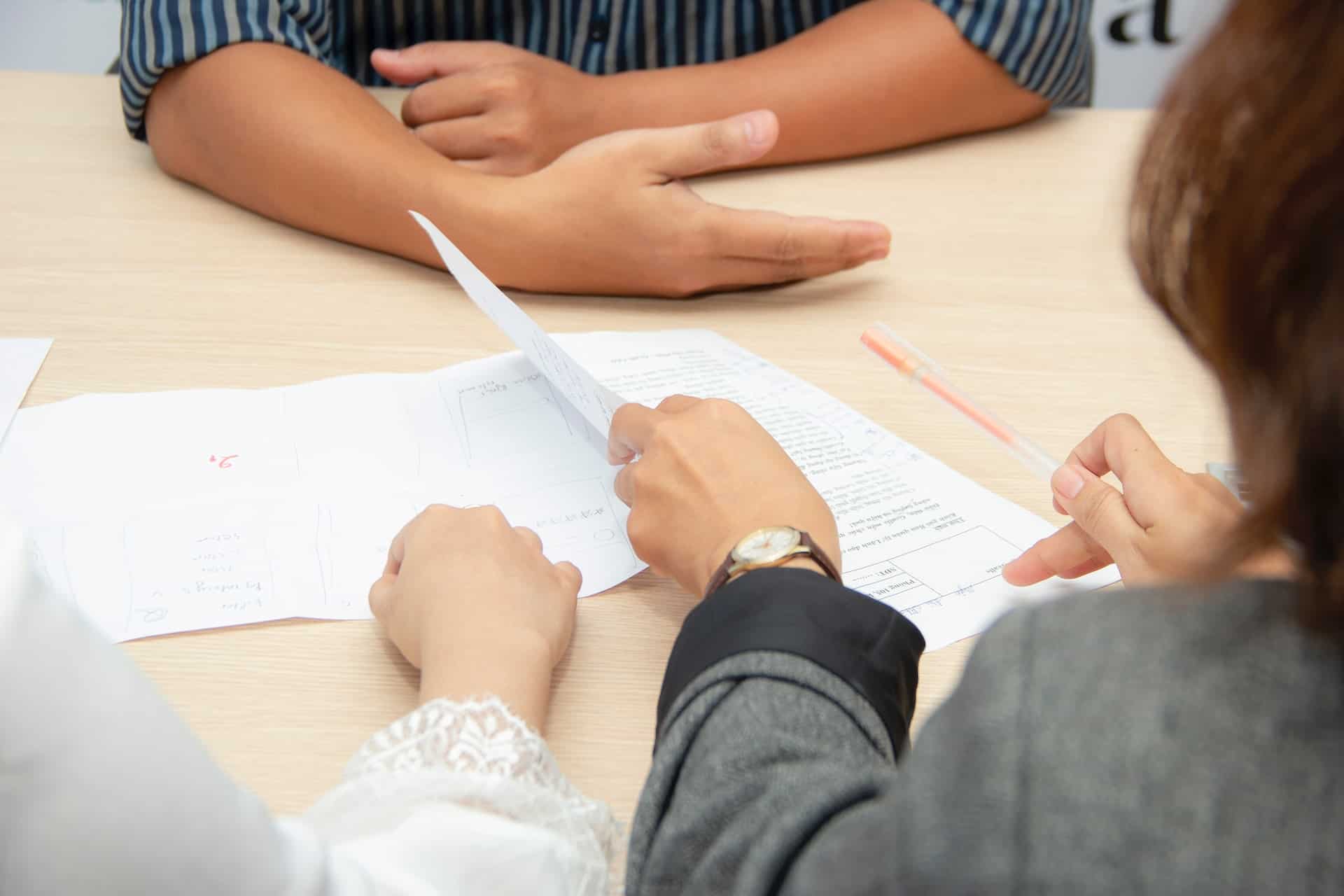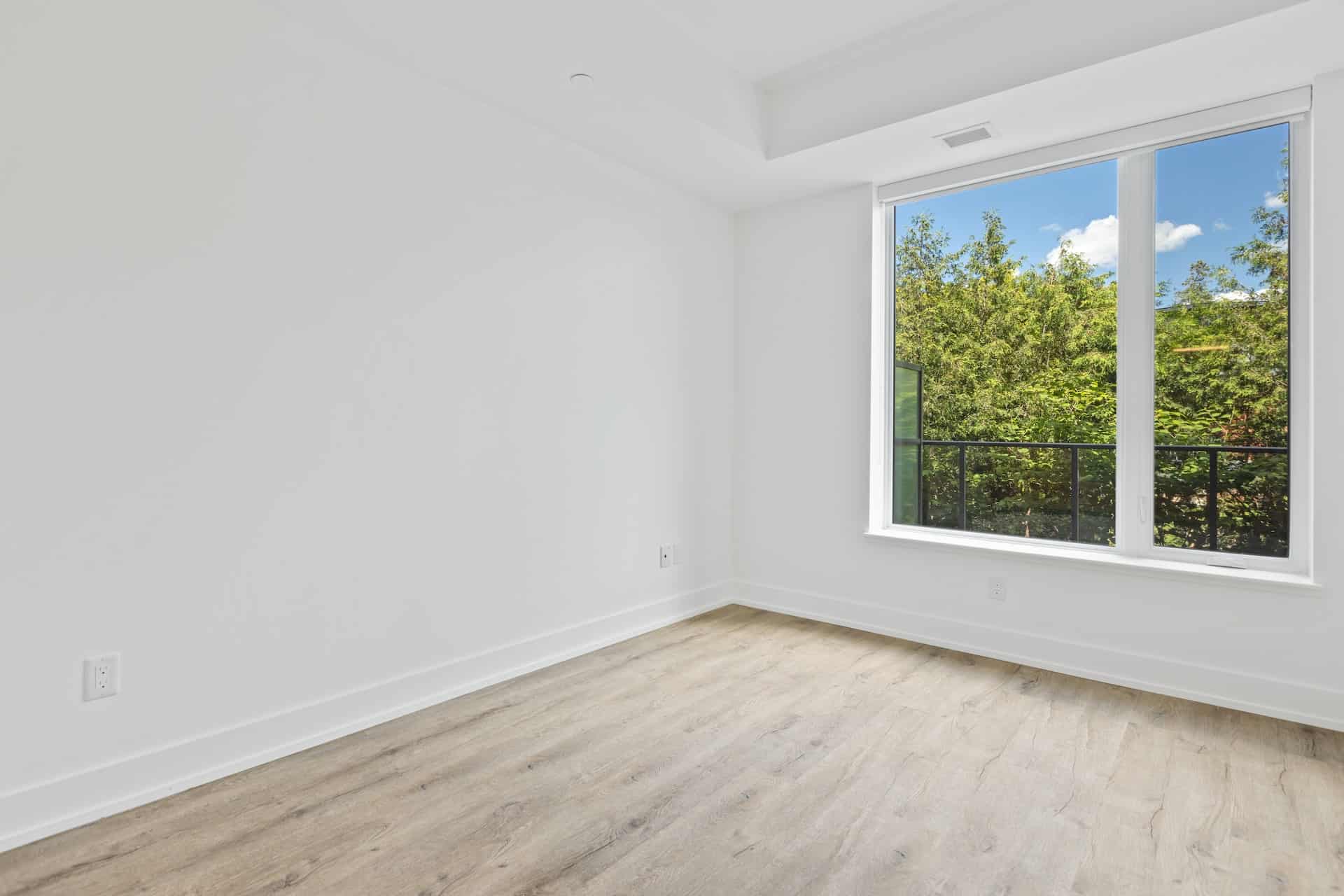Budgeting for your living expenses means more than setting aside money for rent and food. Utilities are an important (and costly) bill to pay on time. That’s why knowing average utility costs, such as the water or electricity bill in Chicago can help you plan this expense.
Discover the current rates for water, gas, and electricity in Chicago to help you calculate your personal budget.
Does the Rent Usually Include Utilities?
Unless the lease says otherwise, the renter usually pays for all utility costs associated with the apartment. This means managing different utility accounts (water, gas, electricity, waste, etc.)
However, some landlords prefer to take care of some of the utility bills. This can reduce the pressure of managing your utilities. Still, you’ll still have to pay for what you use.
Usually, there are two options for this depending on your contract type:
- Flat-fee utility arrangement: Your water, waste, and heating bill stays the same, regardless of usage.
- Actual usage: You’re charged based on how much of each utility you use each month.
In some cases, apartment buildings share utilities because the meter measures the building’s entire usage, not the individual apartment usage. This means that the property manager pays the utilities directly, then divides that cost among the tenants.
It’s important to read your lease agreement carefully to find out whether you or your landlord is responsible for paying utilities. And if you have a preferred method (whether that’s you managing your bills or your landlord’s), you need to communicate that preference before signing your lease.
What Affects Utility Prices in Chicago? [5 Causes]
Chicago utility prices are hardly set in stone. How much you pay and your rates are determined by a multitude of factors.
1. Property Type
Do you live on the top floor? Do you have floor-to-ceiling windows? Is your apartment an old build? Does your place get plenty of sunshine?
All of these features affect how much water, gas, and electricity you’ll need to live in your place comfortably.
Older-build homes often don’t have central air conditioning. This could mean window units, additional fans, or no A/C at all.
Airy top-floor apartments offer great views and lots of natural sunlight. Sunlight can also heat your apartment naturally, reducing your heating bill. However, the same light will cause you to pay more for cooling your apartment during the summer.
2. The Number of Roommates
More people showering means a higher average water bill. Similarly, electricity usage also goes up when you’re sharing a place with more people. That means your overall monthly utility bills in Chicago will increase with more people living in your home.
Sometimes, having roommates can even cut utility costs in half. Despite the higher utility bills overall, sharing a living space also means sharing the expenses. If your roommates all chip in, you can expect to pay less each month even though your monthly utility bills are higher.
3. The Features of Your Home
One of the biggest factors in how much heating and water you need comes from the types of features you have in your home. Double glazed windows and energy-efficient bulbs go a long way in preserving energy and electricity in your home.
On the other hand, washing machines, dishwashers, and showers each increase how much water (and electricity) you’ll use daily.
Making conscious decisions on what appliances you use can significantly reduce your utility bills.
Opt for LED lights, smart thermostats, smart plugs, and other energy efficient gadgets that can reduce your monthly energy bills.
And if you’re considering major renovations, insulating the floor and the roof, installing double pane windows, and investing in solar power can all cut down on your utility bills long term.

4. The Seasons
Chicago’s famous for its cold and snowy winters. That’s why it’s crucial to expect a higher heating bill in the winter. On the other hand, the warmth of the summer months in Chicago often leads to increased air conditioning usage.
Both of these seasonal changes significantly increase your electricity bill. Still, it’s important to remember that you can always adjust your behaviors to lower your monthly utility bills. Even a few small changes in your behavior can make a big difference.
5. Your Provider
Ultimately, the price of your utility bill and average water bill comes down to your provider. While you get your water from the City of Chicago, your electricity and gas bills are usually from private providers. The rates they set can vary. Stay aware of any changes to your rates and do your best to conserve waste to keep your utility bills low.
How Is Water Usage Measured in Chicago
If your property has a water meter, you’re billed based on how much water you use. And you can find out how much that is exactly by reading your water meter or looking at your water bill.
In every billing period, the City of Chicago will charge you the current water rate based on your usage. Additionally, you should check your bills against your usage to make sure it’s accurate.
If your property isn’t metered, you’ll pay an average estimate based on your property, your appliances, and how many people live with you.
The Current Water Rate in Chicago
The water rate is approved by the Mayor and the Chicago City Council. This rate changes yearly. According to the Department of Water Management, in 2021, the water rate in Chicago is $30.79/cubic feet.
This means that the approximate water cost of a 1000 gallons would be around $4.13.
You also need to calculate the sewer rate. This charge covers the wastewater part of your bill. In 2021, the sewer rate in Chicago is 100% of your water charge. This sewer charge applies for both metered and non-metered properties.
The Average Water Bill in Chicago
The average water bill of your household may be much different than the city-wide average water bill in Chicago. However, we can give you an estimate to make calculating your rate easier.
While estimates vary, an average person uses 100 gallons of water every day for indoor uses. That means showering, using the toilet, cooking, and washing the dishes.
With the 2021 Chicago water rates in mind, this would mean that a resident uses about $0.41 worth of water every day. As a result, the monthly water bill would be $12.50.
Since the sewer rate is 100% of the water rate, your water bill would be around $25 every month at this usage.
And the more people you live with, the higher your average water bill will be. Still, with more roommates to help you pay down the costs, you’ll see a lower cost per person despite higher water usage.
Keep in mind, this is merely an average estimate based on national averages and the Chicago City water rate.
The Average Electric Bill in Chicago
Out of all the different utilities, electricity is the most expensive. The average price of electricity in Chicago is 14.8 cents/kWh. To give you an idea, an average 750 square feet apartment uses 750 kWh every month.
With this in mind, the average cost of electricity in Chicago is $105/month. However, this cost varies based on the provider.
Of course, this price also depends on your appliance, how much heat or air conditioning you need, and your usage tendencies.
Average Utility Cost in Chicago
Your circumstances, usage, and provider aren’t the only factors that influence your utility bill. What you use exactly can also make a big difference.
For example, you can heat an apartment in many different ways. You can use electricity, propane, heating oil, or natural gas in a radiator. All of which come at a different cost. Similarly, whether you have central air conditioning or a window unit can make a big difference.
The average cost of basic utilities for a 915 square foot apartment in Chicago is $156.15/month. This covers electricity, water, heating, cooling, and garbage costs.
Internet and cable are also commonly referred to as utilities. The average cost of the internet in Chicago is $59/month.
How to Choose the Right Utility Provider in Chicago
While certain utilities are managed by the city, others are privately owned utility companies. Most landlords or apartment buildings already have a utility company they have a contract with. However, some landlords leave the decision up to the renter.
If you have the choice, choosing the right utility provider is key if you want to keep your monthly bills low.
Every Apartment’s Utility Needs Are Different
Your apartment needs differ from others, so make the choice that’s right for you. If you prefer very warm or very cool temperatures, prioritize utility billing when shopping for a new apartment. You’ll use more utilities. As a result, you should seek out apartments with a flat fee or capped utility billing. This helps keep your bills consistent and avoid any unexpectedly high costs.
Make an Informed Decision
Feel free to ask your potential landlord for utility costs estimates up front before signing the lease agreement. Having this knowledge ahead of time allows you to truly compare what your monthly budget looks like in all of your apartment options.
If they can’t give you an estimate, contact the utility companies directly and ask what their estimate is for the particular unit. Afterward, you can shop around the different providers to find the best deal on utilities in Chicago.
Find Your Next Chicago Apartment on Brixbid
Before you settle for a utility company or calculate your monthly water bill budget, you need to find the perfect place to call home.
And Brixbid can help with that.
Find your ideal Chicago apartment, make an offer, and sign the lease directly on our platform. It’s easy, fair, and fun.
Browse our listings to find your dream home today!



